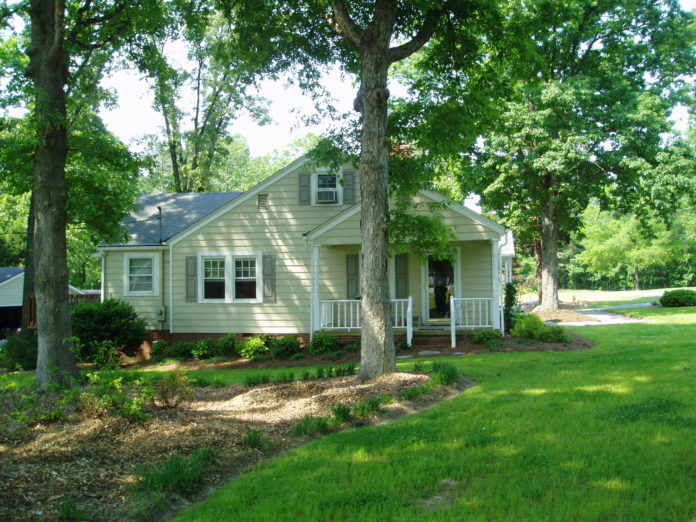People living in neighbourhoods with more birds, shrubs and trees are less likely to suffer depression, anxiety and stress, say British researchers.
According to the study conducted by researchers at the University of Exeter, being able to see birds, shrubs and trees around homes in both urban and greener suburban neighbourhoods is associated with mental health benefits.
The study involving 270 people across different ages, incomes and ethnicity found that people who spent less time outdoors than they usually did were more likely to report anxiousness or depression.
Researchers also conducted extensive surveys of the number of birds in the morning and afternoon in Milton Keynes, Bedford and Luton. The most common types of birds observed were blackbirds, robins, blue tits and crows.
The researchers specifically studied the afternoon birds, since these account for the number of birds that people are likely to see in their neighbourhoods on a daily basis. Afternoon bird numbers are generally lower than the number of birds seen in the morning.
The findings showed that the number of birds people saw in the afternoon were associated with lower levels of depression, anxiety and stress. The researchers said that watching birds make people feel relaxed and connected to nature.
“Birds around the home and nature in general, show great promise in preventative health care, making cities healthier, happier places to live,” said lead researcher Dr Daniel Cox, at the University of Exeter, UK.
“This study starts to unpick the role that some key components of nature play for our mental well-being,” added Cox.
The findings of the study have been published in the journal Bioscience.



























